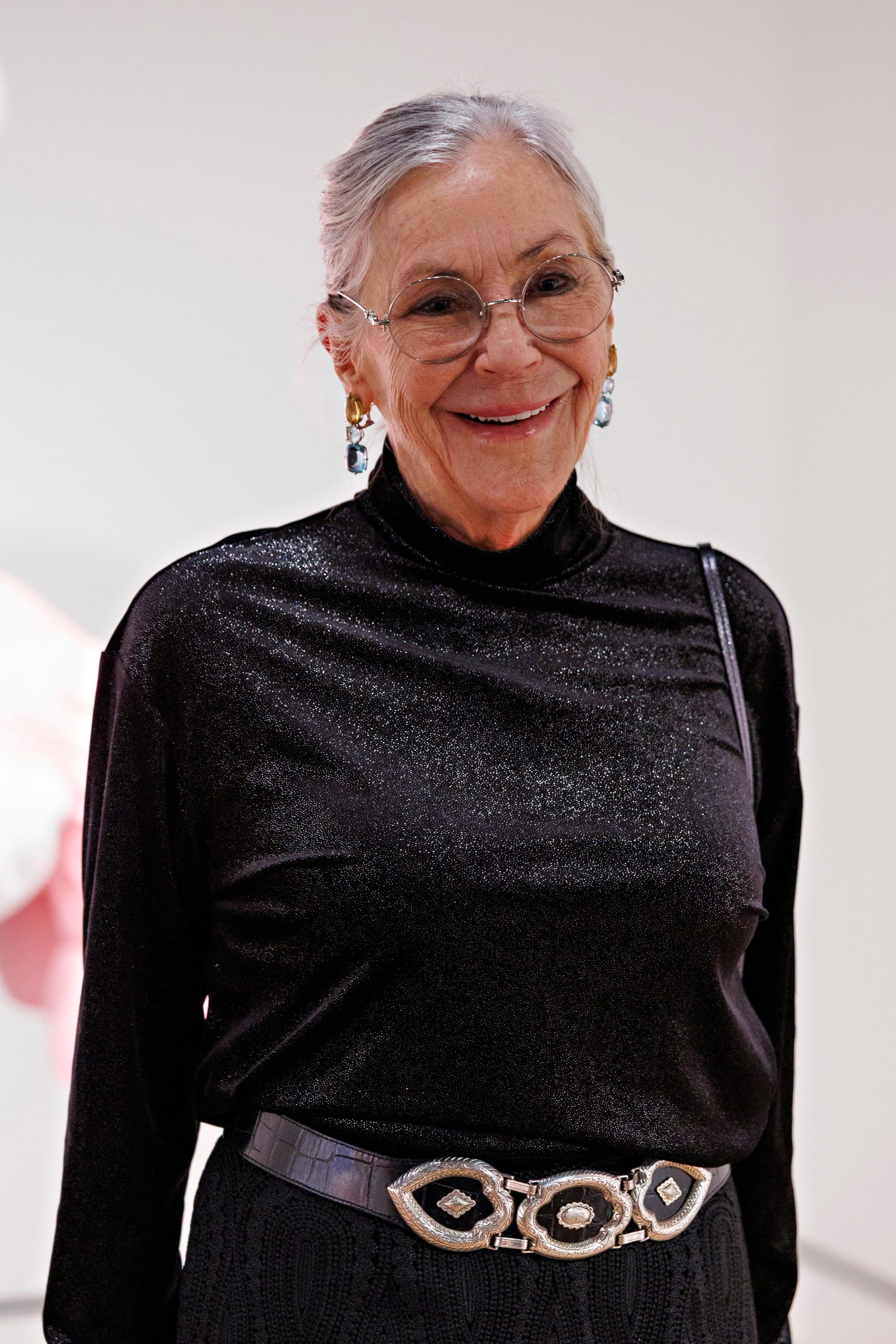Introduction to the Alice L. Walton School of Medicine
The Alice L. Walton School of Medicine in Bentonville, Arkansas, recently welcomed its first class of medical students, marking a significant milestone in the region’s healthcare education landscape. This inaugural group of 48 students began their four-year program on July 14, signaling the start of a new era for medical training in the area.
Named after the Walmart heiress and one of the wealthiest individuals globally, the school is part of a broader initiative by Alice Walton to transform healthcare delivery. The program has attracted attention not only for its rigorous admissions process but also for its unique approach to medical education.
Admissions and Demographics
According to reports, the school accepted less than 3% of applicants, highlighting its competitive nature. A third of the incoming students are from Arkansas, reflecting the institution’s commitment to serving local communities. This focus on regional representation underscores the school’s mission to address healthcare needs within the state.
Financial Support and Vision
One of the most notable aspects of the Alice L. Walton School of Medicine is its financial model. The institution has committed to waiving tuition for the first five cohorts of students, making it an attractive option for aspiring medical professionals. This decision is aimed at reducing the burden of student debt and encouraging more individuals to pursue careers in medicine.
Walton’s vision extends beyond just providing education; it includes a broader effort to reform the healthcare system. In 2019, she founded the Whole Health Institute, a non-profit organization based near the school and her Crystal Bridges Museum of American Art. This initiative aligns with her goal of promoting holistic health approaches.
A Holistic Approach to Medical Education
The school’s curriculum emphasizes a “whole health” approach, integrating traditional medical training with the humanities and arts. This unique blend aims to enhance patient care by fostering collaboration and inclusivity. According to Dr. Sharmila Makhija, dean and CEO of the school, this method encourages medical students to develop stronger relationships with their patients.
The curriculum is designed to promote resilience, prevent disease, and restore health. Students will gain the scientific knowledge necessary to manage complex medical conditions while also learning how to maintain patient well-being through proactive care.
Personal Motivation Behind the Initiative
Walton’s personal experiences have significantly influenced her vision for the school. As reported by Time, she faced a challenging period after a car accident in the 1980s, which involved a bone infection, multiple surgeries, and long-term health issues. These experiences led her to believe that the current healthcare system is flawed and in need of transformation.
Her goal is to create a medical school that equips future doctors with the skills to focus on preventive care and overall patient health. By emphasizing the importance of keeping patients healthy rather than just treating illness, Walton hopes to inspire a new generation of healthcare providers.
Conclusion
The Alice L. Walton School of Medicine represents a bold step towards redefining medical education and healthcare delivery. With its innovative curriculum, financial support for students, and commitment to holistic health, the institution is poised to make a lasting impact on the medical field. As the first class begins their journey, the school stands as a testament to the potential for change and improvement in the healthcare sector.






